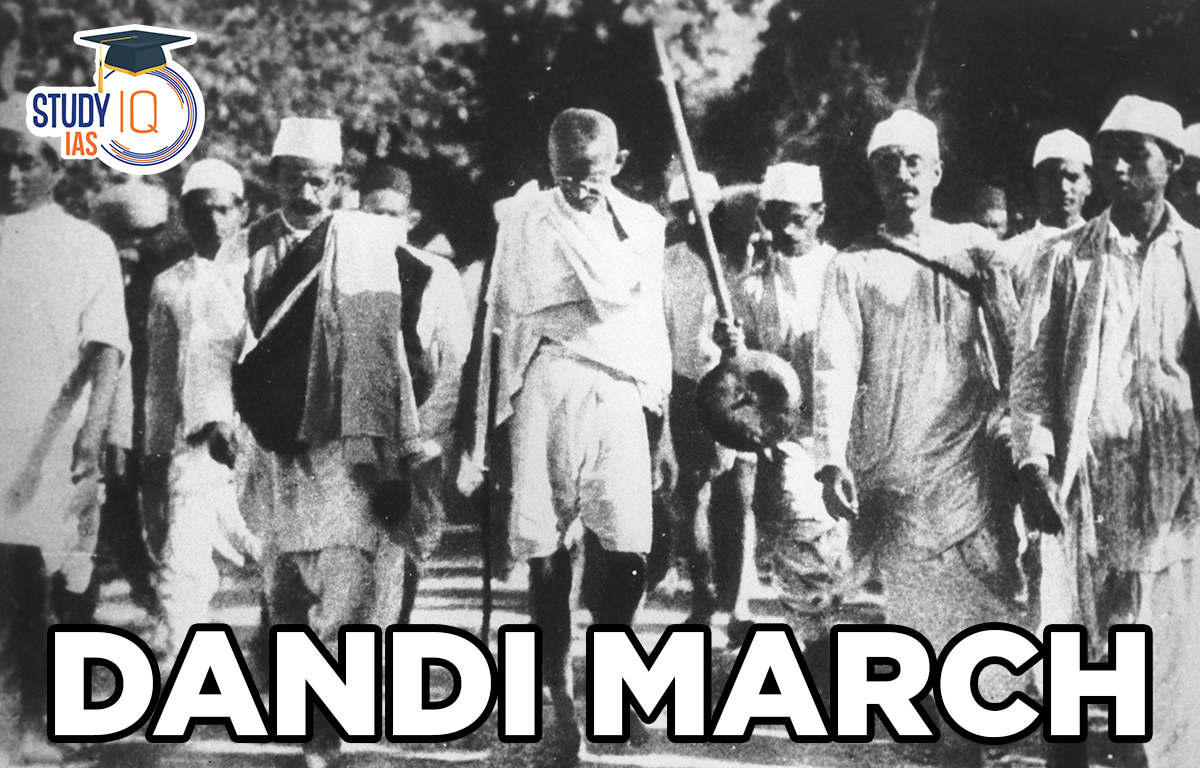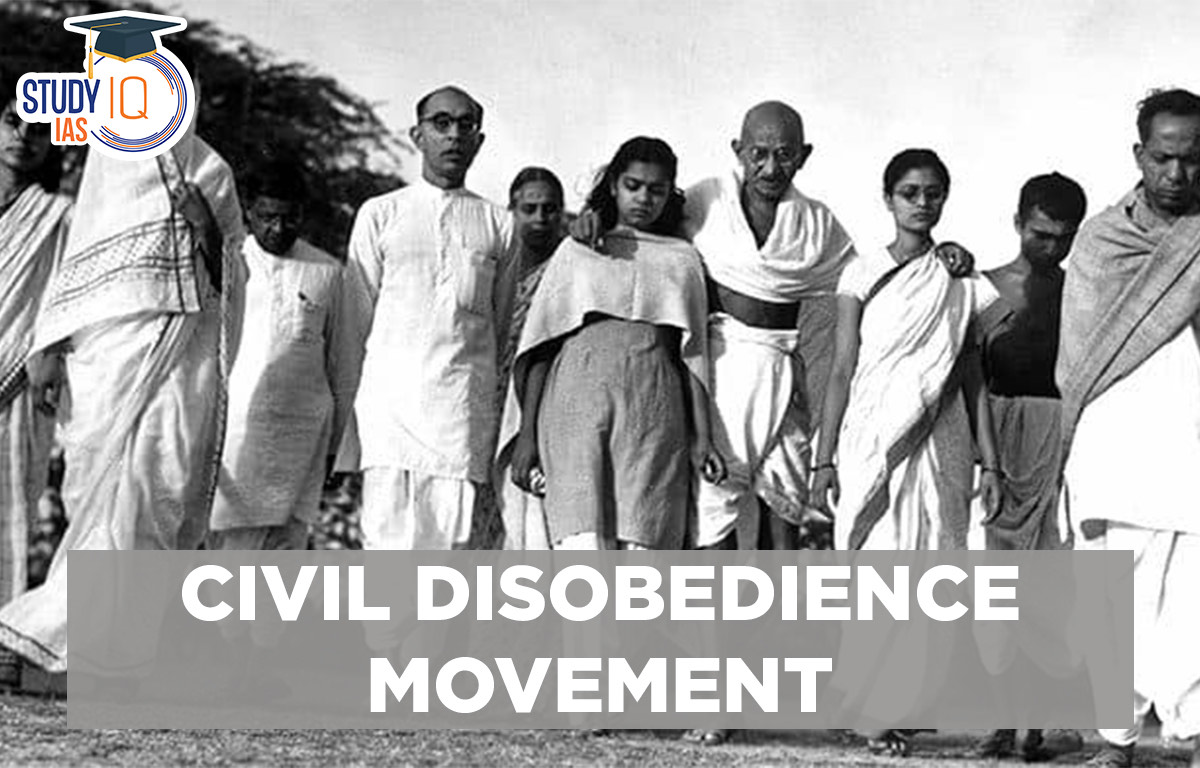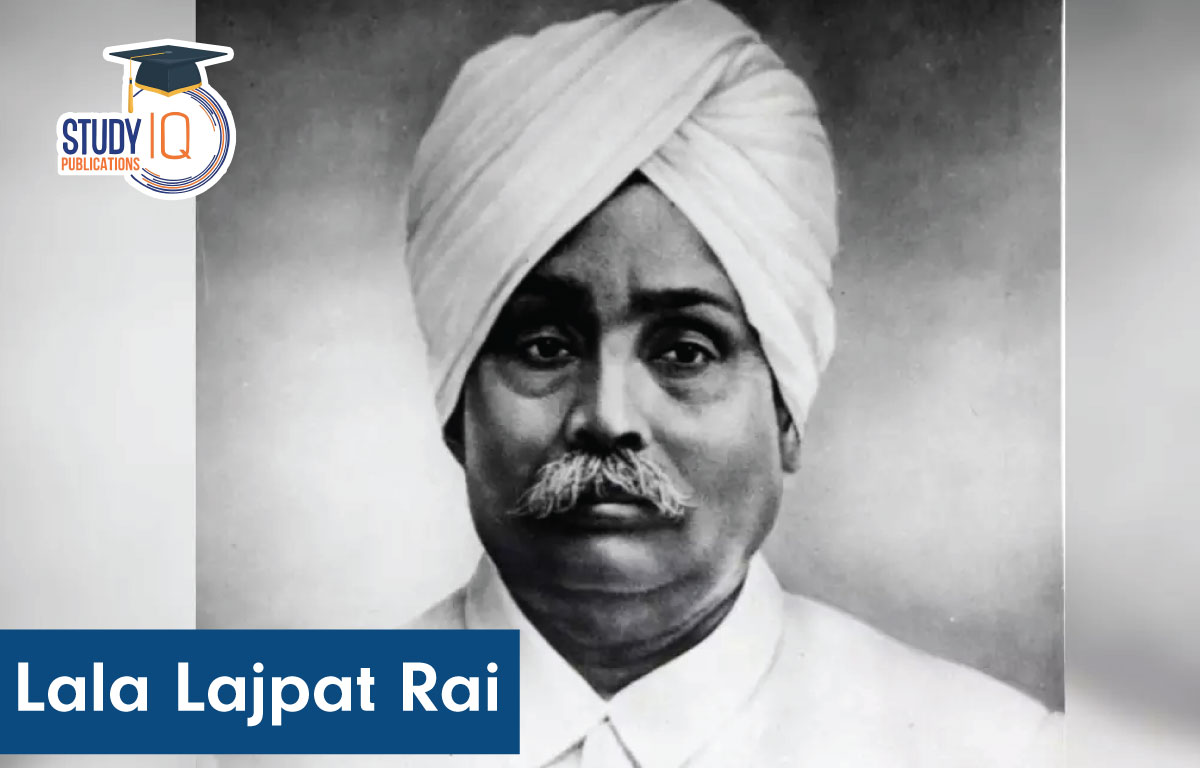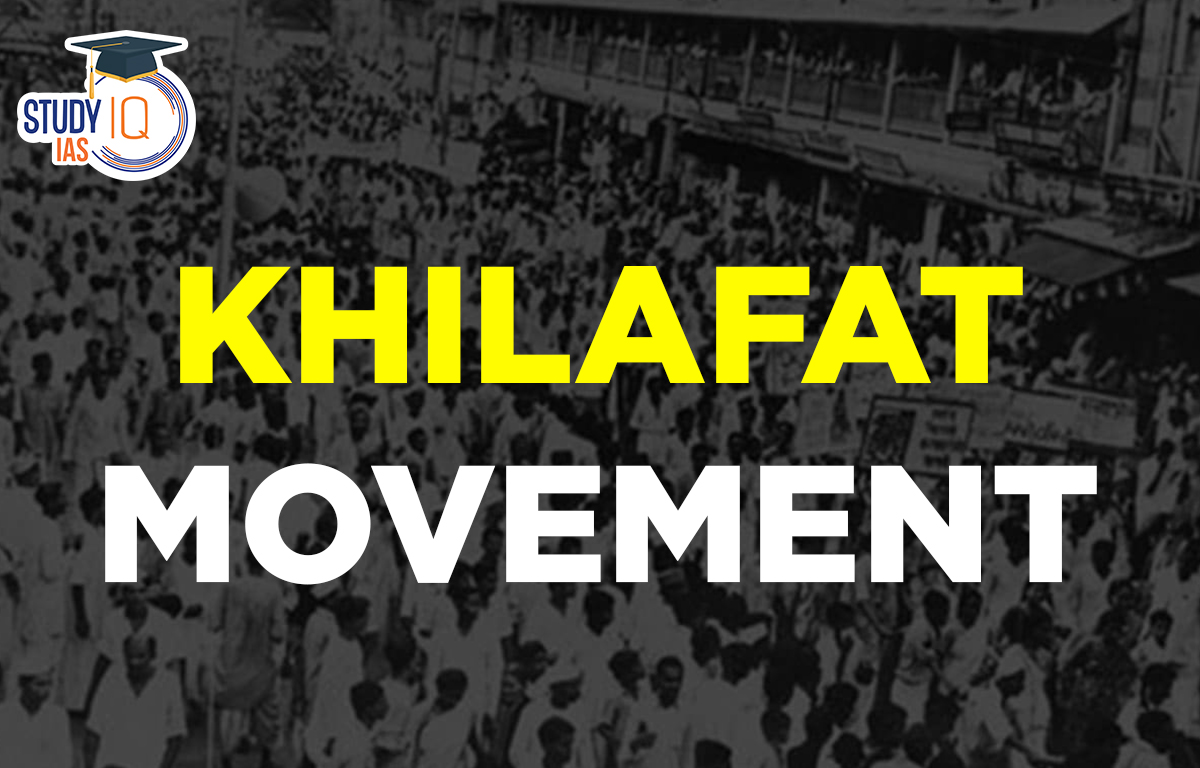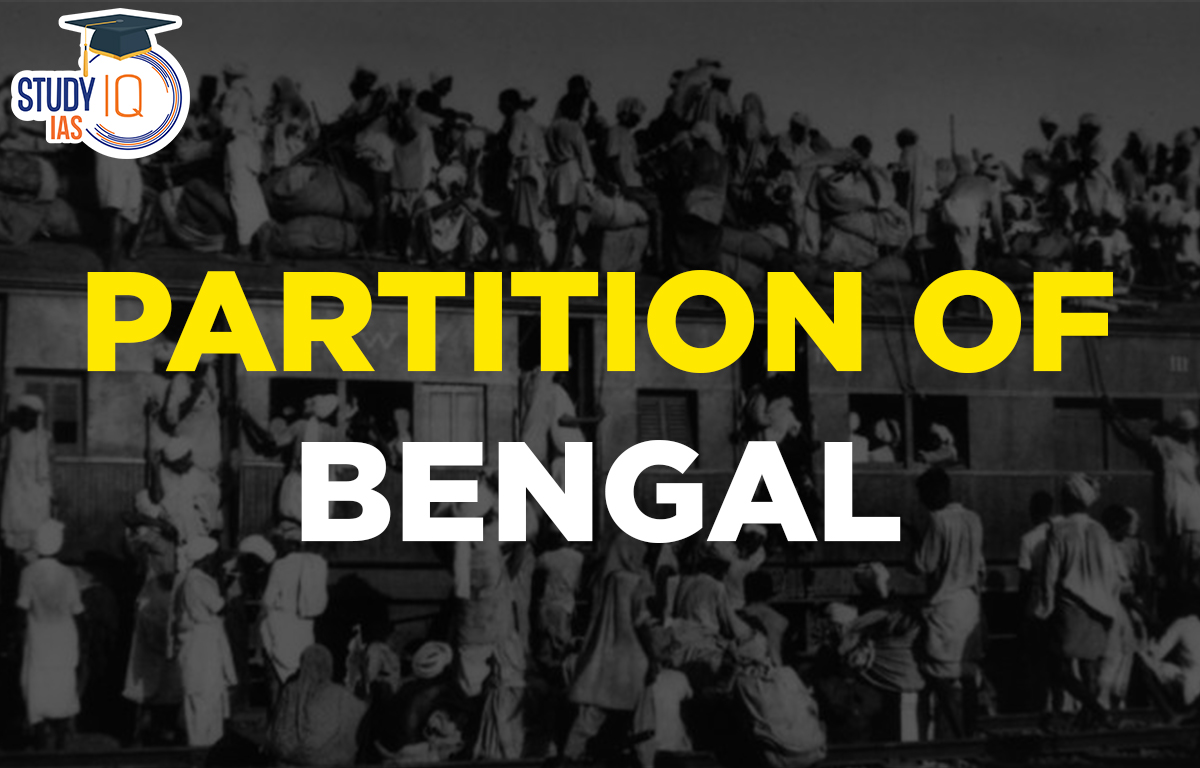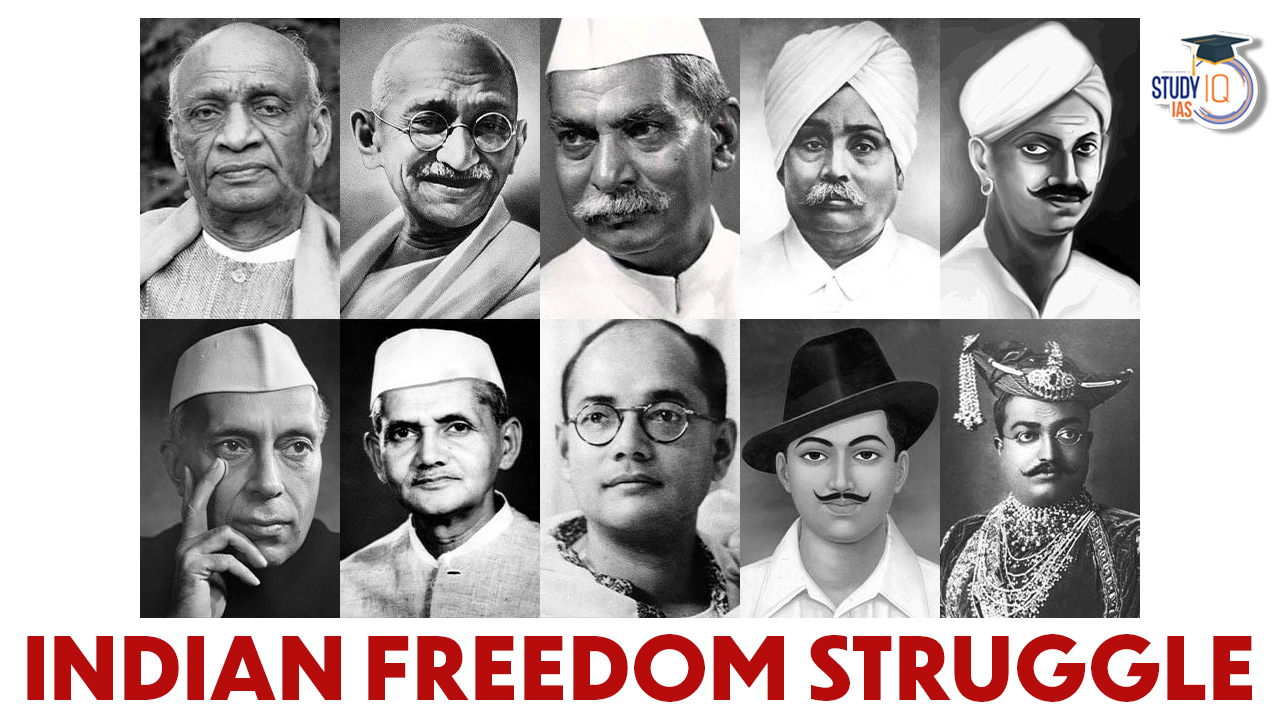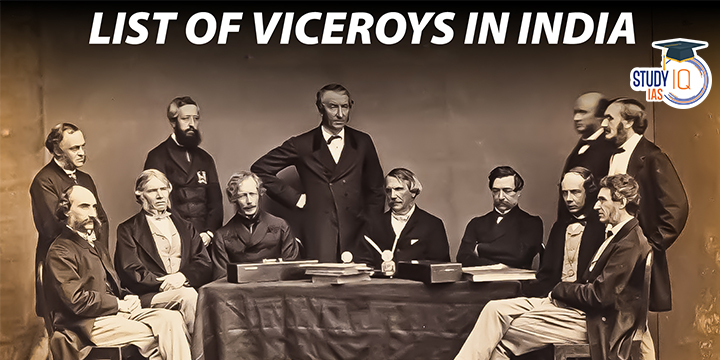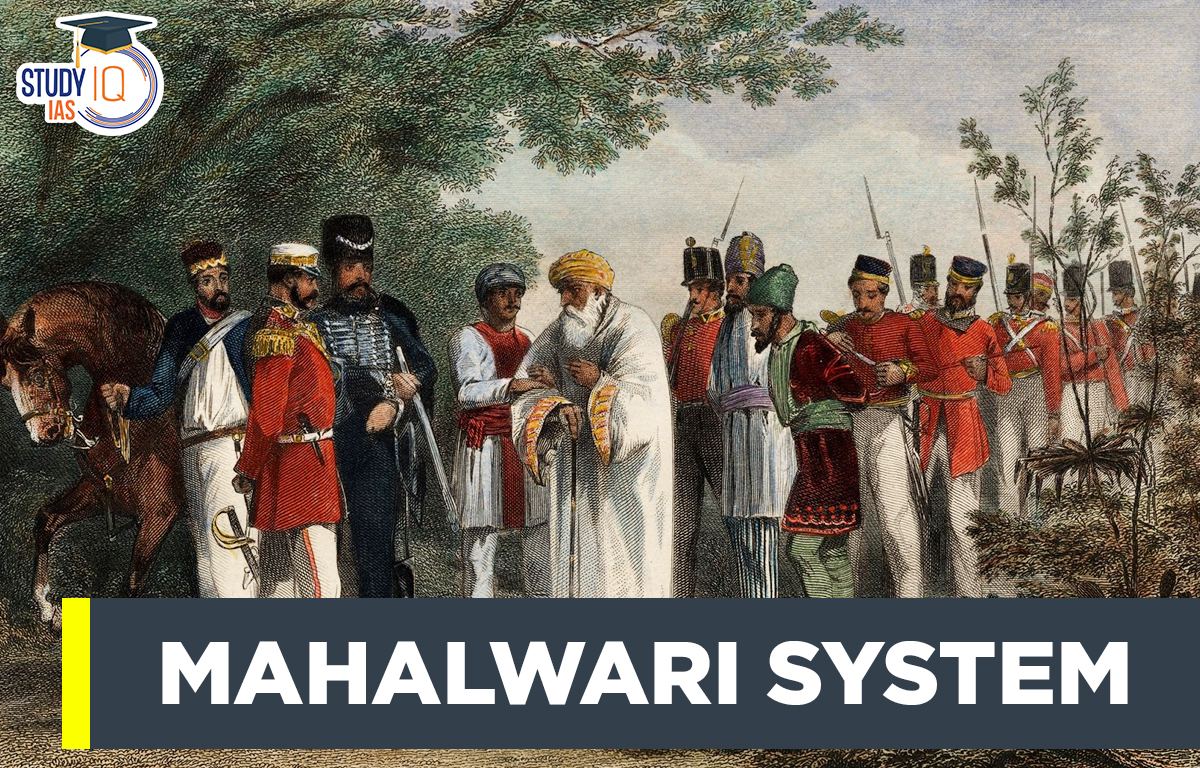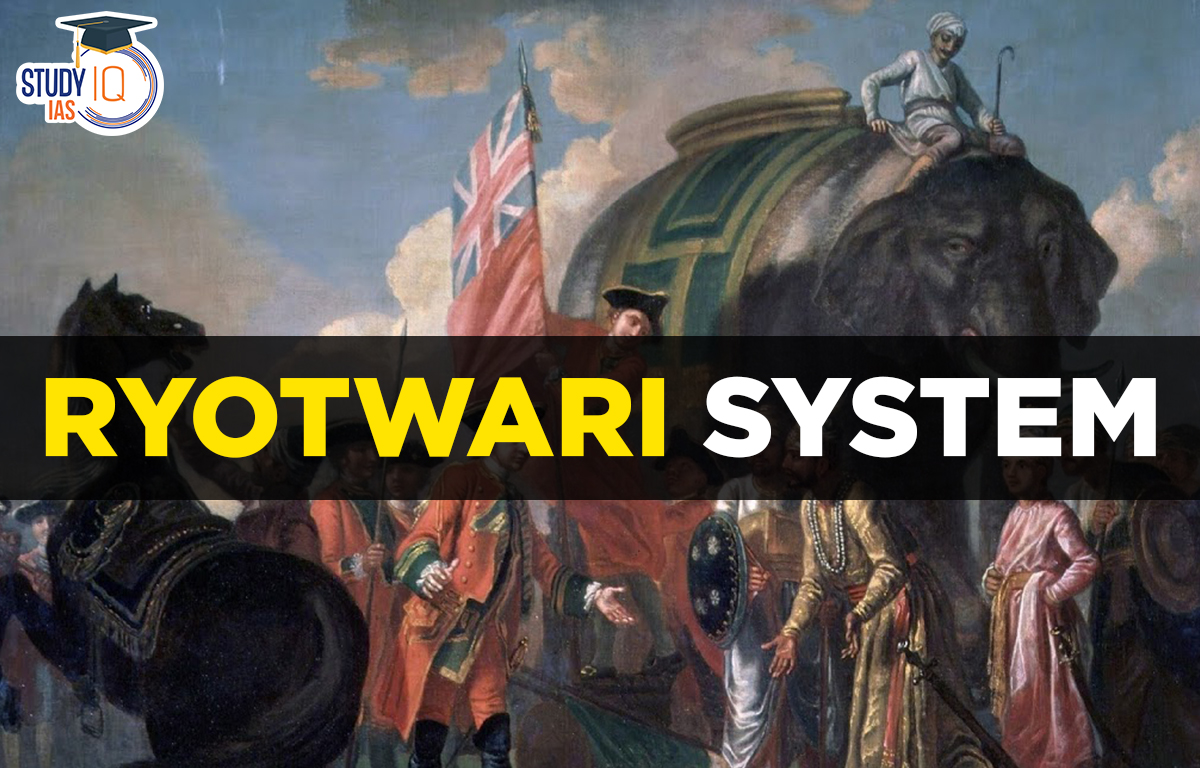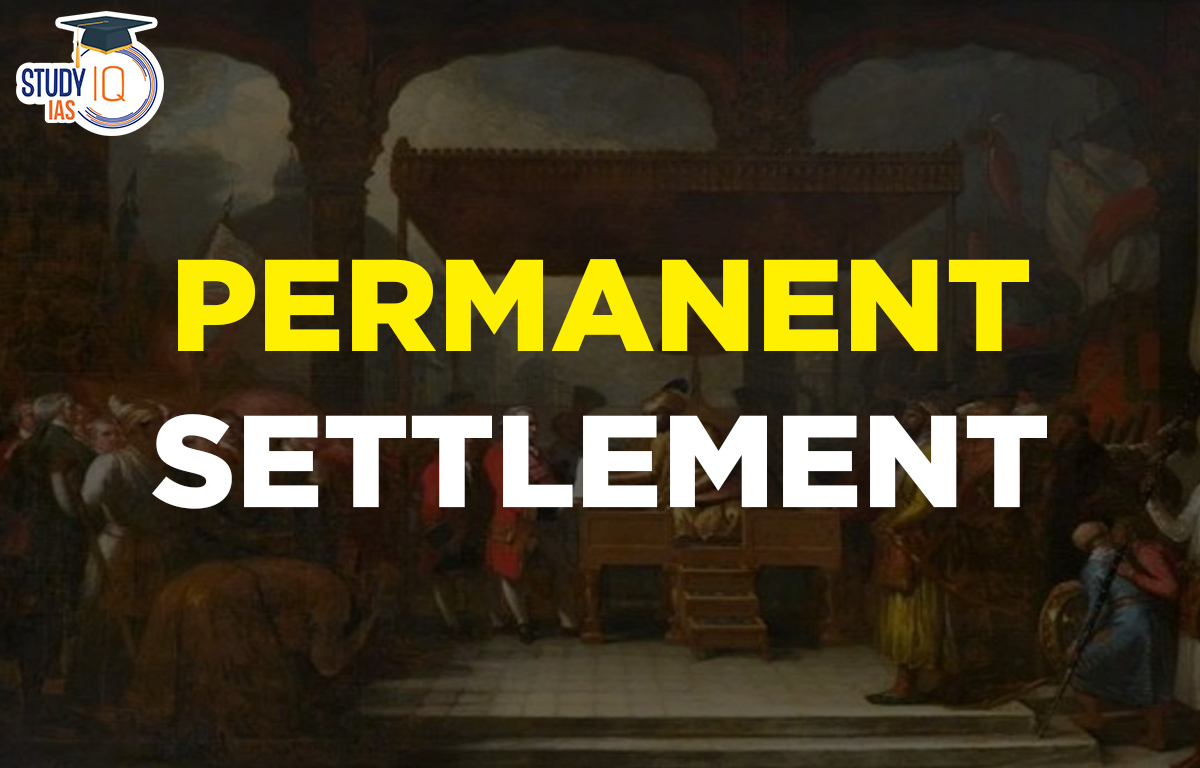Dandi March Date Dandi March: An important turning point in the history of the Indian liberation struggle was the Dandi March. The Indian National Congress began the Civil Disobedience Movement in 1930, and the Salt Satyagrah was a key component of that movement. The British were granted a monopoly on the production and distribution of …
Continue reading “Dandi March by Mahatma Gandhi, Background, Causes, Events & Effects”

